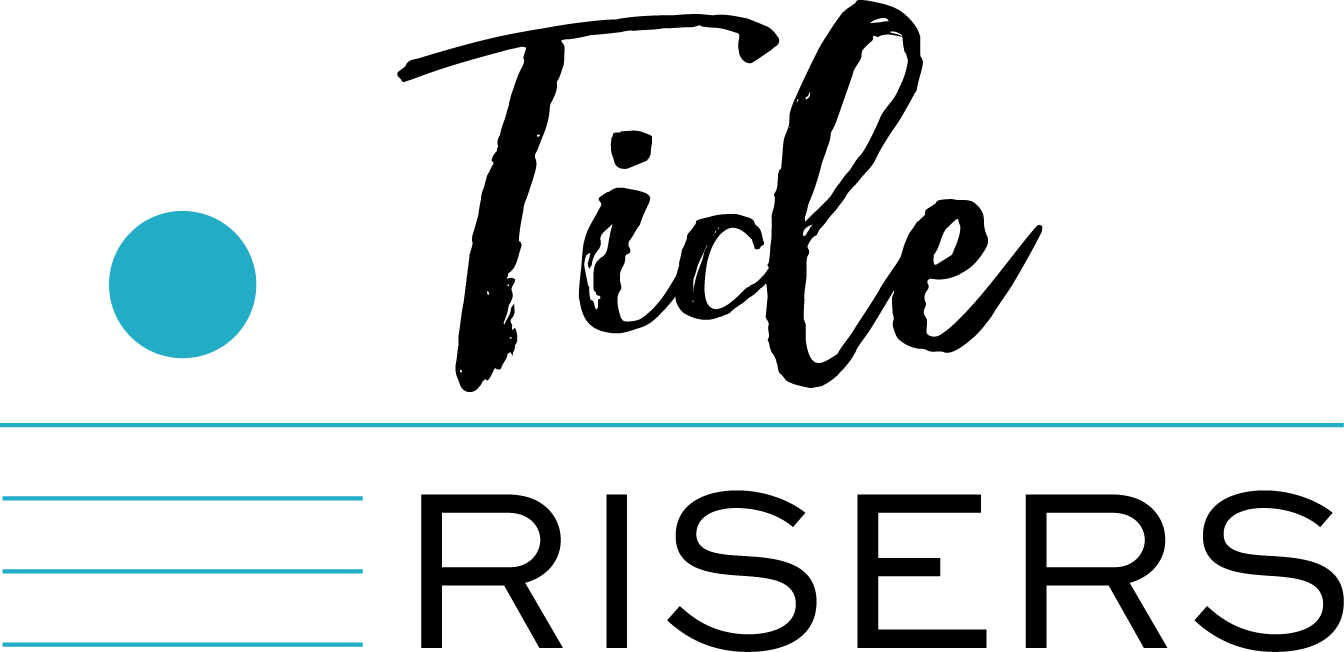Fighting the Gender Pay Gap: What I am I Worth?
What's my worth? This is one of the toughest questions we face in our professional lives. Whether you are a full-time staff employee, freelancing, or running a business, many of us struggle to place a numeric value on our work. In my experience as a career coach, I have found that there is no level of seniority that makes this question any easier. In fact, the higher you rise, the wider the pay gap within many industries, making calculating your worth even more challenging.
It won’t come as any surprise to you that most of my clients who really struggle with this question are women. Why is it so hard for women to determine what our work is worth, and then demand we get paid accordingly?
1. Talking about money isn’t ‘nice’.
Many of us have been taught from an early age that it’s not polite to talk about finances, especially if you’re female. Money often falls into the same category as politics and religion -- best to just avoid the topics altogether. Many believe being too aggressive about our compensation can even hurt our advancement opportunities. With these societal expectations at play, many women are not well prepared to approach this topic from a position of confidence and strength.
2. Some day my prince will come.
One of the most damaging consequences of the Disney princess empire is that many of us have been raised with the archetype of the good girl who is so virtuous she deserves to get saved by her prince. The underlying assumption that we don’t have to take care of ourselves financially because someone will come along, sweep us off our feet, and take that burden off of us has had a real and lasting impact on how many of us view ourselves in relation to money.
3. Wait, you make how much?
It’s not always easy to figure out a standard market rate for our role or services. If all we have to go on is our past compensation, how are we to know how much we really should be paid? While there is a movement to require that companies disclose salary data and gender pay gaps, many of us are still in the dark about how our peers are being compensated for the same work we are doing.
If any of this sounds familiar to you, first and foremost, take a hard look at the factors holding you back from establishing your worth. Recognize that you need to advocate thoughtfully and firmly when it comes to your compensation, and prepare yourself for difficult conversations about money.
Here are some tips I give my coaching clients and Tide Risers:
1. You ARE worth it.
You deserve to earn as much as anyone else doing the same job as you. Don’t allow yourself to create reasons for why you should be paid less (yes, lots of women do this). Repeat after me: “I am worth it. I am worth it. I am worth it.”
2. Strike when the iron's hot.
When it comes to negotiating compensation, be discriminating about when you are in a position of strength, and strike when the iron’s hot. Examples include: when you have an offer in hand from another company, when you are being recruited by someone who sought you out, or when you have accomplished a particular milestone.
3. Be prepared.
Don’t show up ill-prepared to any compensation negotiation. There’s only one way to find out what the going rate for your services is. Research, my friends. Research, research, research. Even if that means asking your friends and colleagues uncomfortable questions, like: “‘How much do you make?” Information is power.
4. Set your price. And then increase it.
Set a rate for yourself that makes you slightly queasy. If it turns your stomach a little bit to say the number out loud, that’s when you know you have set your amount appropriately. You may very well be negotiated down, and you should not take that personally; it’s just business. Be sure your starting point is high enough that you’ll still be happy if you’re negotiated down.
5. Don’t apologize.
Don’t feel bad telling someone what you’re worth. You’ve worked hard to get where you are, and you should be damn proud of it.
A recent study by PwC revealed that unless proactive measures are taken, the gender pay gap will continue for another century in countries within the Organization for Economic Cooperation and Development. In the United States, the gender pay gap is even more punishing for women of color, with black women earning 63% and Latina women earning 54% of their white male counterparts.
Because the gender pay gap is still very much alive and kicking, we as women should take it as our responsibility to our gender to insist we are paid what we are worth. With 40 to 50% of marriages ending in divorce in the U.S., and women’s life expectancy greater than that of men, we cannot afford not to invest in ourselves. To do that, we must demand that we get paid what we are worth.


